710341C
Avanti
16:0-18:1 Cardiolipin
Avanti Research™ - A Croda Brand
Synonym(s):
1′,3′-bis[1-Palmitoyl-2-oleoyl-sn-glycero-3-phospho]-glycerol, sodium salt
About This Item
Recommended Products
Assay
>99% (TLC)
form
chloroform solution
packaging
pkg of 1 × 2.5 mL (710341C-25MG)
manufacturer/tradename
Avanti Research™ - A Croda Brand
concentration
10 mg/mL in chloroform (710341C-25MG)
lipid type
cardiolipins
phospholipids
shipped in
dry ice
storage temp.
−20°C
SMILES string
O=P([O-])(OC[C@]([H])(OC(CCCCCCC/C=C\CCCCCCCC)=O)COC(CCCCCCCCCCCCCCC)=O)OCC([H])(O)COP([O-])(OC[C@]([H])(OC(CCCCCCC/C=C\CCCCCCCC)=O)COC(CCCCCCCCCCCCCCC)=O)=O.[Na+].[Na+]
General description
Biochem/physiol Actions
Packaging
Legal Information
also commonly purchased with this product
Signal Word
Danger
Hazard Statements
Precautionary Statements
Hazard Classifications
Acute Tox. 3 Inhalation - Acute Tox. 4 Oral - Carc. 2 - Eye Irrit. 2 - Repr. 2 - Skin Irrit. 2 - STOT RE 1 Oral - STOT SE 3
Target Organs
Central nervous system, Liver,Kidney
Storage Class Code
6.1C - Combustible acute toxic Cat.3 / toxic compounds or compounds which causing chronic effects
WGK
WGK 3
Regulatory Listings
Regulatory Listings are mainly provided for chemical products. Only limited information can be provided here for non-chemical products. No entry means none of the components are listed. It is the user’s obligation to ensure the safe and legal use of the product.
PRTR
Class I Designated Chemical Substances
ISHL Indicated Name
Substances Subject to be Indicated Names
ISHL Notified Names
Substances Subject to be Notified Names
JAN Code
710341C-25MG:4548173353852
710341C-VAR:
Certificates of Analysis (COA)
Search for Certificates of Analysis (COA) by entering the products Lot/Batch Number. Lot and Batch Numbers can be found on a product’s label following the words ‘Lot’ or ‘Batch’.
Already Own This Product?
Find documentation for the products that you have recently purchased in the Document Library.
Customers Also Viewed
Our team of scientists has experience in all areas of research including Life Science, Material Science, Chemical Synthesis, Chromatography, Analytical and many others.
Contact Technical Service

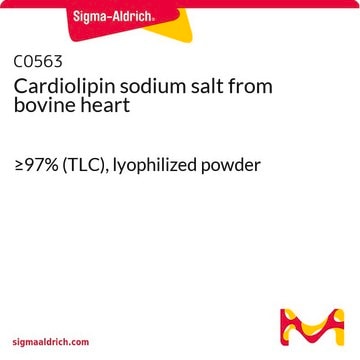


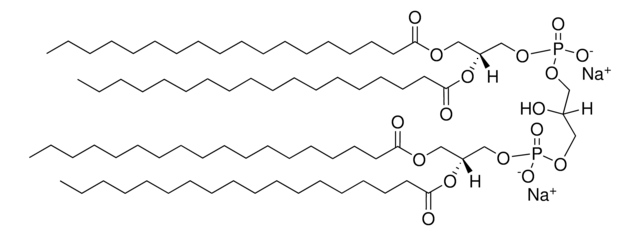
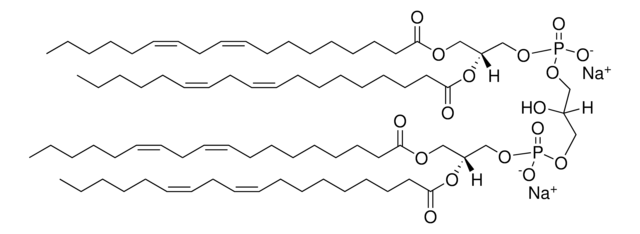
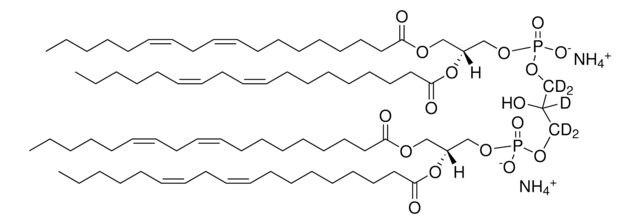
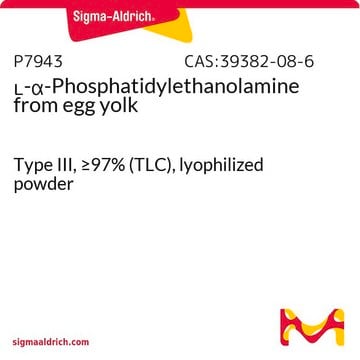




![14:0 Cardiolipin (sodium salt) 1′,3′-bis[1,2-dimyristoyl-sn-glycero-3-phospho]-glycerol (sodium salt), chloroform](/deepweb/assets/sigmaaldrich/product/images/390/523/992bed4e-3608-4209-aa6e-fa9206a4a31b/640/992bed4e-3608-4209-aa6e-fa9206a4a31b.jpg)

